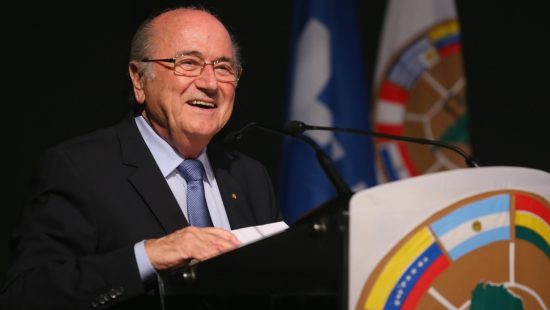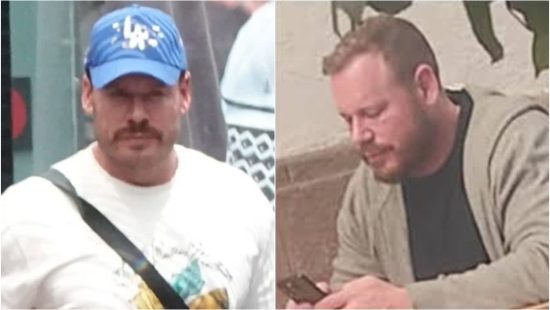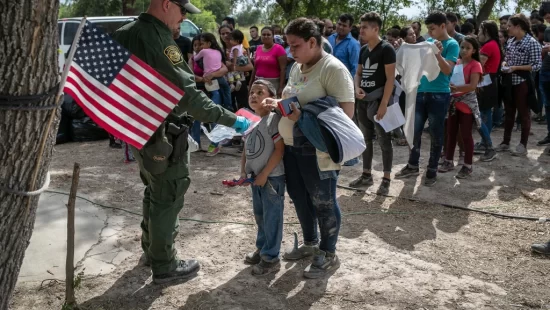Enrique Rosas still remembers those years in Cocula, Jalisco—years that shaped his life and helped him take on any business venture that came his way.
“My father was very strict, but very upright. Since we were 5 years old, he would wake us up to work. He’d have us help him plant corn, chickpeas, or whatever was in season. If we had school, he’d wake us up at two in the morning so we could still make it on time to class,” says Rosas, an entrepreneur who owns La Fama Bakery, a therapy clinic, works in real estate, and is also a notary and insurance agent.
He grew up in a very poor family.
“We used to walk barefoot, running through the dirt. Huaraches were typically worn only to school or church. We couldn’t wear them out. If anything happened to them, we knew what would happen to us.”
Since childhood, he was very curious. He loved studying and helping his father. He also developed a passion for reading the Bible.
“As a kid, my dad made me read the Bible every day. I was the best reader, so we’d sit down early in the afternoon and read until nightfall. Of course, I didn’t understand anything back then, but as I grew older, I started to understand. It helped me see why some people go down the wrong path—fall into alcohol or other vices. I’ve never been like that, and I thank God for it,” he says.
He also loved sports. Soccer is his passion, along with boxing. His father always taught them to be hardworking, disciplined, and to know how to defend themselves.
“He taught me how to fight. He told us that if we fought, we had to win. If not, he’d give us another beating. So if we got into fights with other kids, we had to win. I grew to love boxing. I continued with it when I got to Los Angeles years later,” he adds.
He studied accounting in Cocula but couldn’t find a job. He had graduated very young, and companies wouldn’t hire him. One of his brothers, who lived in California, convinced him to cross “to the other side.” He told Enrique there was a future there. They said he’d be flown over in a small plane, but the reality was very different.
“What plane? First, we had to run, doing whatever the coyote told us. They had us in San Ysidro with about 200 people, all crammed together. Then they stuffed four of us into a car trunk and took us to Los Angeles. We were all stiff; we couldn’t move until we got there. I was really young, and it was hard to get me out—I was completely stiff,” he remembers, laughing.
His arrival in Los Angeles was like something out of a movie.
“I came from Cocula, a town where water and electricity were scarce. There, to get water, you had to move a little stick to open and close it. When I got to my brother’s house, he told me to wash my hands. I went to the bathroom and couldn’t find the stick. I didn’t know how to turn on the tap. I kept trying and trying, and nothing. Until my brother, laughing, showed me how it worked. We were always ‘campesinos’, farm people, hardworking—we didn’t worry about anything else,” he adds.
“I had arrived in a new reality. Los Angeles had nothing to do with our town. When I left Cocula, I didn’t want to go back—just thinking of ‘las madrizas’ from my dad.”
Despite how strict his father was, Enrique remembers him with respect and admiration.
“My dad was an orphan; he was sold as a child and had to work his whole life, really hard. He was the type who could walk 50 kilometers through the night to reach his destination, carrying food and other animals. We’d watch for him and go out to meet him. My dad wasn’t affectionate, but through his discipline and dedication, he showed us his love. From my mom, we got that other kind of love—the hugs,” he recalls.
That discipline set him on a path of seriousness and responsibility. He still remembers anecdote after anecdote.
“I remember he’d line us up, make us kneel, and give us three beatings if we misbehaved. If we cried, he wouldn’t stop until we stopped crying. My dad spoke only once.
I had a happy childhood, despite that. My dad didn’t want us to become spoiled,” he says.
In Los Angeles, he started helping his brother with a food truck business. Shortly after turning 18, he got his own truck. He bought an English course on cassette tapes, and within a year, he was already speaking the language.
“I’ve always been smart when it comes to studying. I don’t forget anything.”
Eventually, he met a real estate agent and saw a good business opportunity. He studied to get his own license, as well as to become a tax preparer, retirement planner, and take on other roles that complemented his work. He’s always been sharp and ready to bounce back when things go wrong.
“I’ve always liked having my own business. No one tells you what to do; you organize things how you want. I’ve had money—a lot of money—and I’ve also lost it. I went through a divorce that left me with nothing and other legal problems that many thought I wouldn’t come through. I overcame it all. I keep going forward. The lessons from my parents are like a crown of gold that always accompany me,” he says.
His love for sports never faded. He ran two marathons, boxed semi-professionally, and also played soccer.
“My dream is to have a professional team, a soccer academy, and a stadium. I already have a semi-professional team and the academy. I just need the stadium,” he says proudly.
One day, a woman approached him to help her sell some properties. One of them was where La Fama Bakery is now located. After many legal disputes, the woman passed away, and the legal process is still ongoing—but the bakery’s operations ended up in his hands.
“I try to help my workers. They’re great people. They open at 4 a.m. and close at 9 p.m. Everything’s set up so they can sleep there if they want. Thank God, things are going well, my financial situation is improving, and we’re getting by. I still read the Bible every night. That’s when I reflect on what’s happening and what I can do.
In the end, all that remains is faith. I’m a dreamer who loves to help others,” he concludes.








